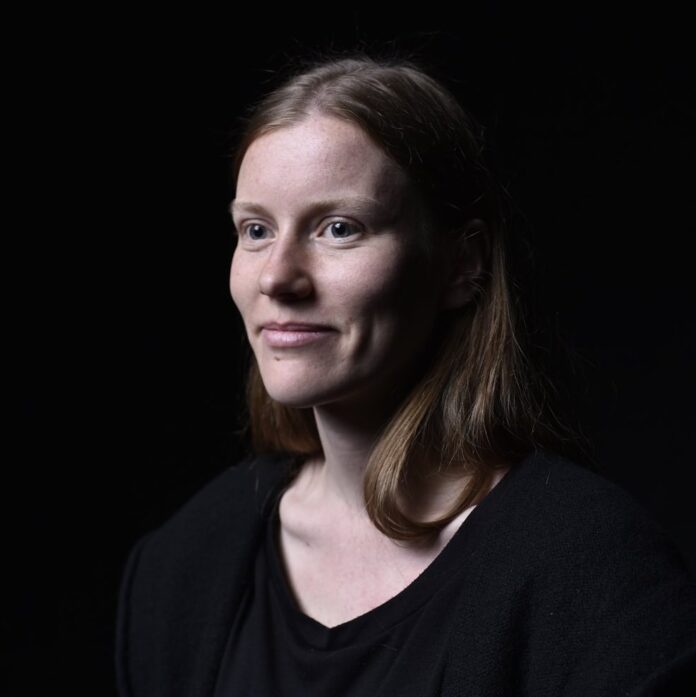YEREVAN — Wiebke Zollmann is German poet, translator, photographer, and arts manager. Born in Stendal, Germany, from 2011 to 2014, she studied at the Swiss Literature Institute in Bienne. In 2014-2015, she has taught at the Brusov State University for Languages and Social Sciences in Yerevan and worked at the DAAD (German Academic Exchange Service) Information Center. Since 2015, she has been the manager of the Naghash Ensemble of Armenia. Wiebke has published poems and short stories in literary magazines and anthologies, and translated Armenian authors (Kostandin Yerznkatsi, Mkrtich Naghash, Kostan Zarian, Yeghishe Charents, Gevorg Ter-Gabrielyan, Shushan Avagyan, Aram Pachyan, Tatev Chakhian, Grig).
Dear Wiebke, in your blog and elsewhere you often write about Armenia. How you would describe shortly your experience in living Armenia?
I love living in Yerevan. The city has changed a lot over the past years, but it remains a fantastic place to be. People are hospitable and helpful, there’s easy access to the cultural scene, and the town is super walkable. (Though we all must admit: Traffic has become unbearable. We’d need a better public transport system to ease the situation. Let’s bring back trams!) After you’ve been in Armenia for a while, the city center feels like a village. You go for a walk and always run into people you know, stop for a moment to chat, or spontaneously spend the rest of the day together. Things don’t have to be planned weeks beforehand. (And even if you try, it probably won’t work.) They just happen, and that’s mostly in a good sense.
Was it a coincidence that you arrived in this country?
When I first came to Armenia in 2009, I was only 19 years old. It was my German philosophy teacher who “sent” me there. She asked what I wanted to do after high school and in response to my lame, lukewarm answer, she simply said: “I think you should go to Armenia and work in environmental protection.” My first response was: “Wait, where?” I must admit: before she mentioned it, I had never even heard of Armenia. But I trusted her advice — and the rest is my Armenian history. I volunteered for SunChild/FPWC for three months and later for another year. I adored the team and everybody’s dedication to preserving Armenia’s stunning but highly threatened nature. From that point on, I always kept coming back to Armenia…
It is always interesting to know about how a non-Armenian learned Armenian and what were the main challenges.










